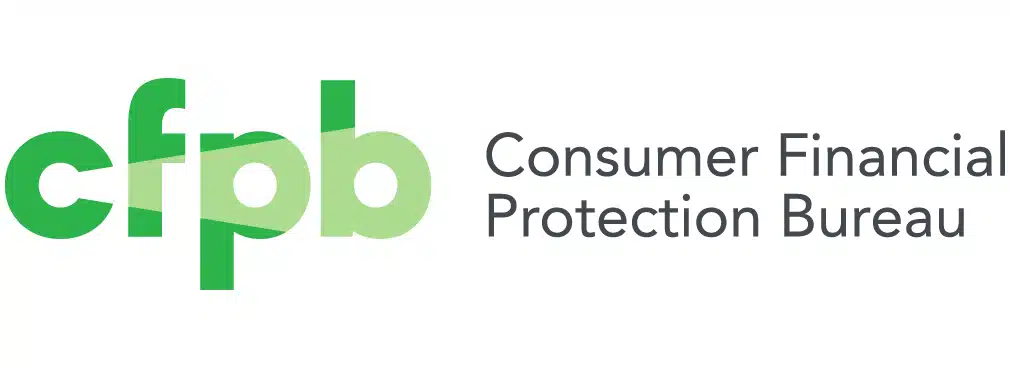With a federal appeals court ruling on Thursday upholding the Consumer Financial Protection Bureau’s constitutionality, the CFPB, along with its severest critics, find themselves at a crossroads at a time when the agency has become significantly more energetic in overseeing the payments industry.
The latest ruling, from the Federal Court of Appeals for the Second Circuit, contradicts a decision handed down in October last year by the Fifth Circuit, which held the CFPB’s funding mechanism is unconstitutional because its money flows from the Federal Reserve rather than by Congressional appropriations. The CFPB has appealed the Fifth Circuit’s decision to the Supreme Court, which last month said it would hear arguments in the case. Those are expected to start in October.
In disagreeing with the Fifth Circuit decision, Second Circuit Judge Richard Sullivan argued that the Constitution and precedent uphold the CFPB’s funding method. The decision came in a case brought by a debt collector seeking to stop an investigation by the agency.

While the latest decision throws the matter of the CFPB’s legality into a cocked hat, it wasn’t entirely unexpected, observers say. “There was an expectation that different courts might see this differently,” says Ben Jackson, chief operating officer at the Innovative Payments Association and author of Digital Transactions magazine’s Payments 3.0 column, in an email message.
Jackson says the agency now confronts “two big turning points.” The first is the decision that will ultimately be handed down by the Supreme Court. If the court upholds the Fifth Circuit decision, he says, “that will put a lot of earlier CFPB actions in doubt.” But Jackson argues the court could seek out a middle way, arguing that “the CFPB must now get funding through appropriations, but that remains to be seen.”
The other critical event, he says, is the upcoming 2024 elections. “If the Republicans win control of the government, then they will likely try to change the bureau through legislation,” he predicts. “If the government goes to the Democrats, then the CFPB will be funded regardless of how the Supreme Court case turns out.”
The two conflicting appeals-court determinations come at a time when the agency has grown far more energetic than it had been during the Trump Administration in its oversight of the payments industry. Recent actions include efforts to create rules for the data sharing necessary in open banking; to start a database for financial firms that come under court orders or regulations from courts or government agencies; to reduce fees for credit card late payments; and to monitor the growing buy now, pay later trend.
The worst outcome, Jackson argues, would be indecision, not from the Supreme Court but from the other two branches of government. “A divided Congress like we have now, or a divided legislative and executive branch, could mean questions won’t be settled for a long time,” he says. “That’s not great for the payments industry because it means regulatory uncertainty.”





